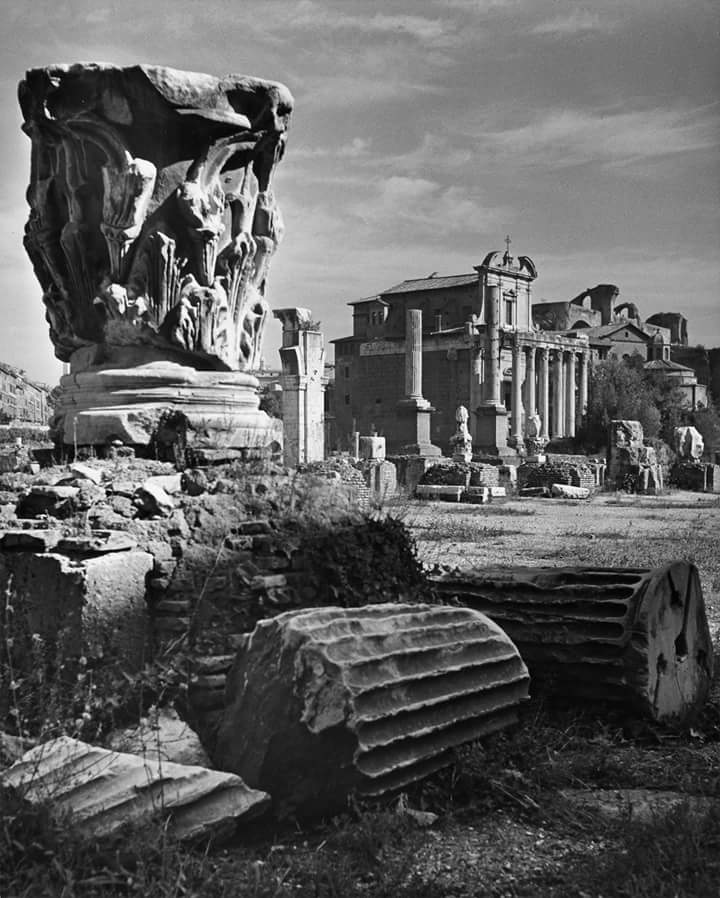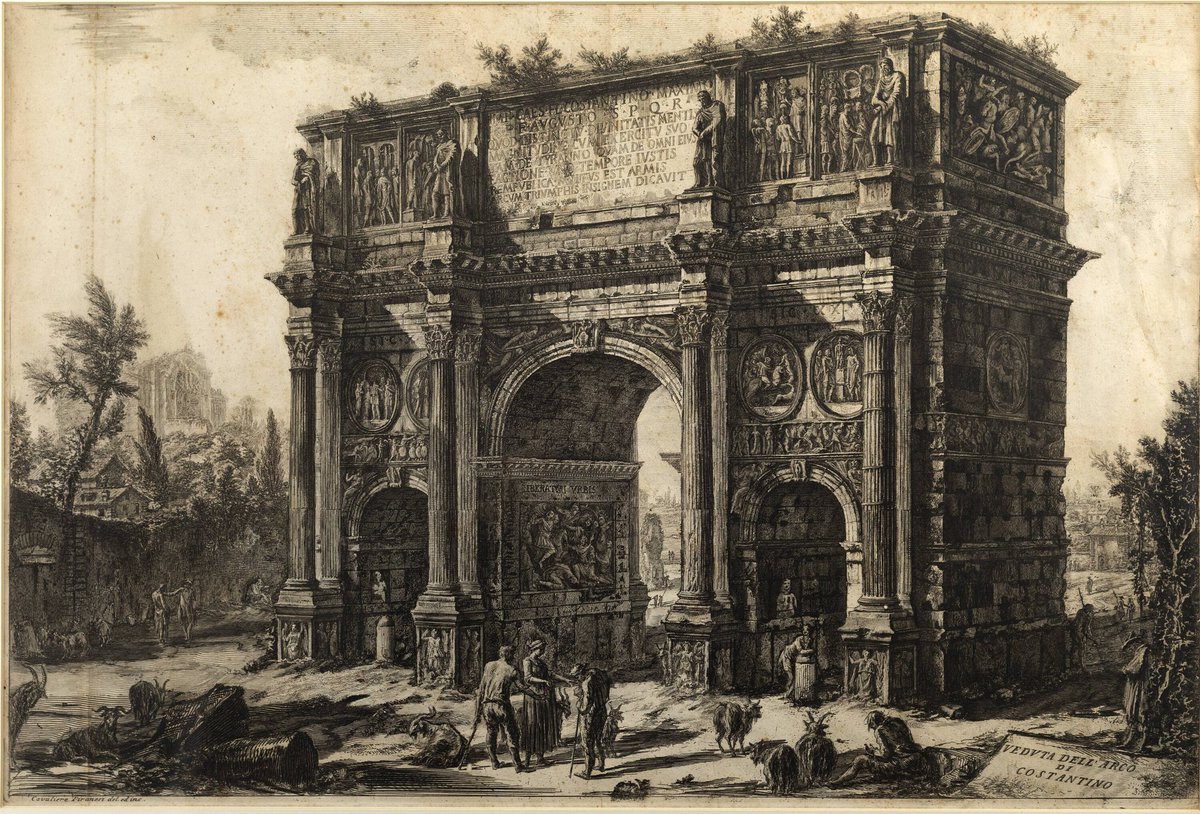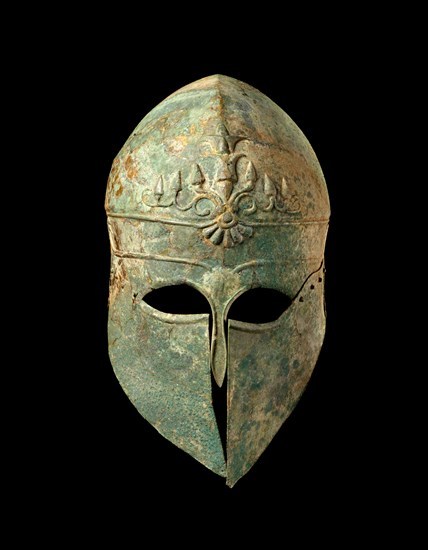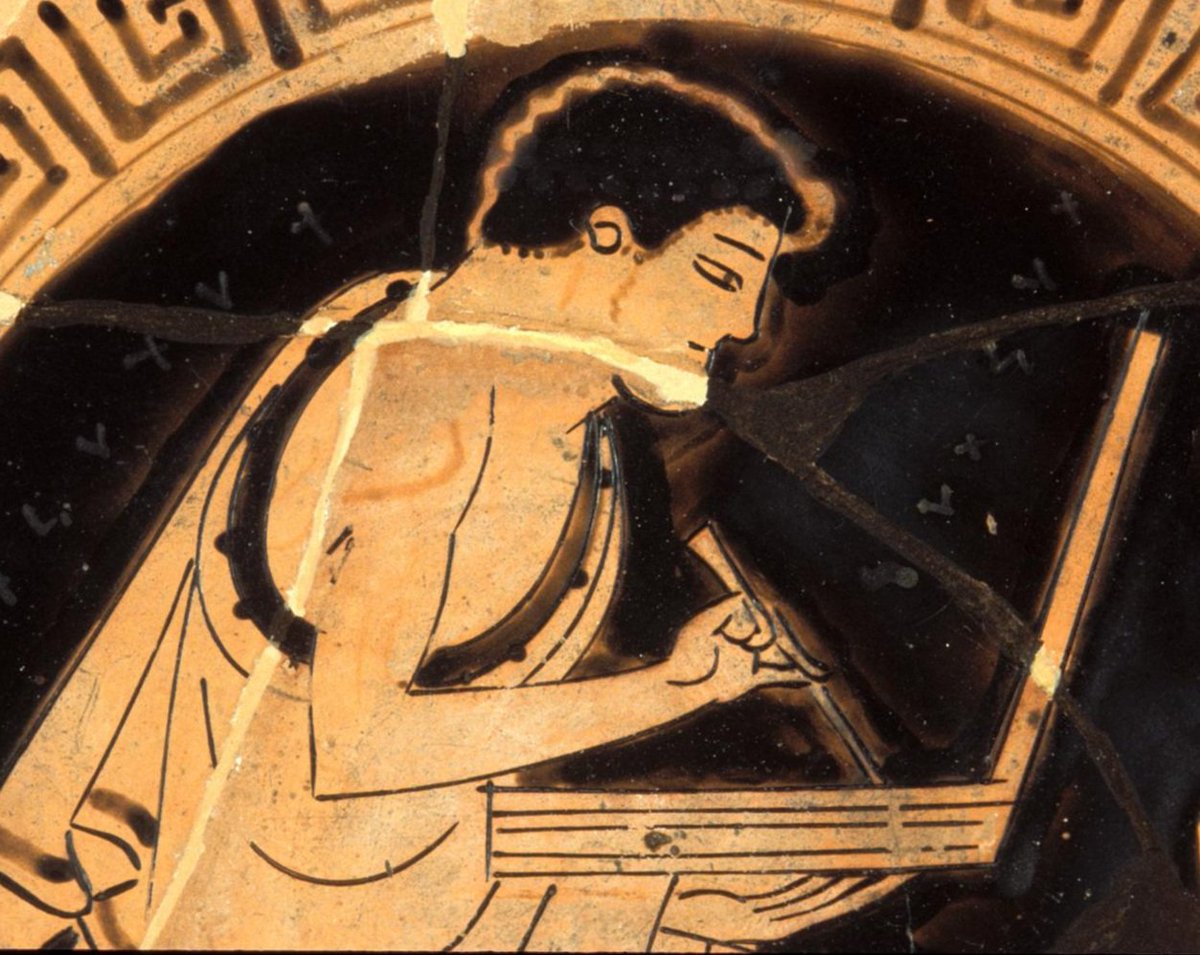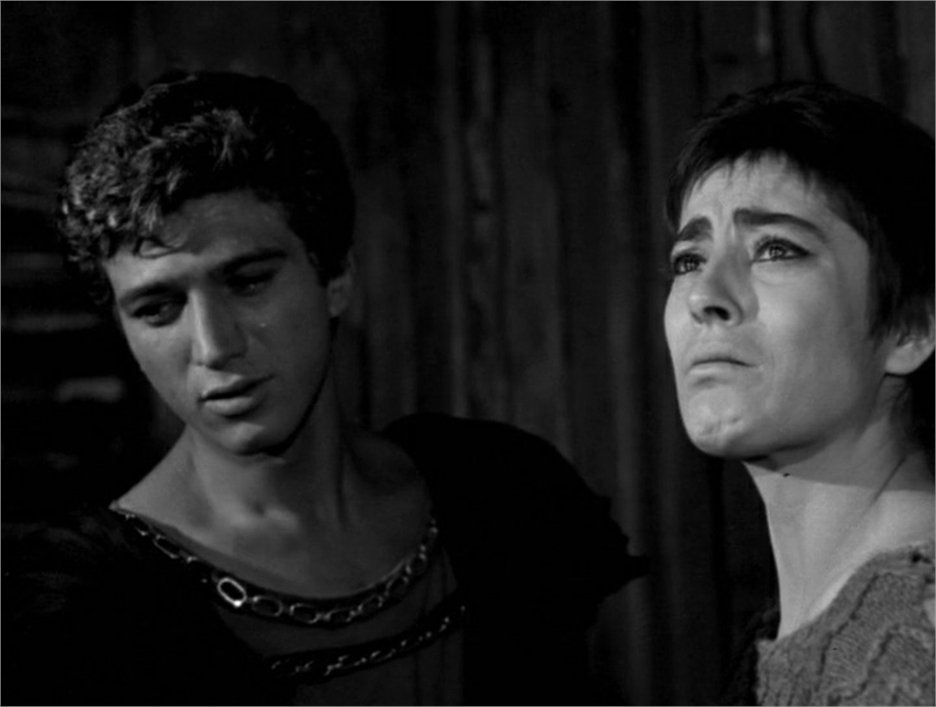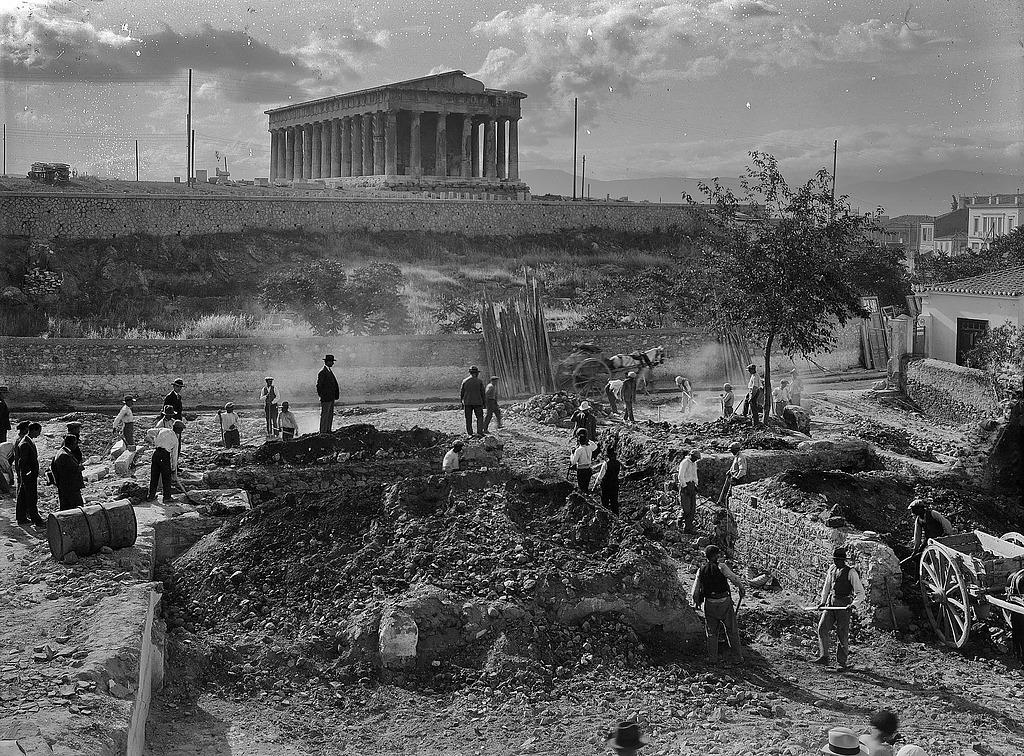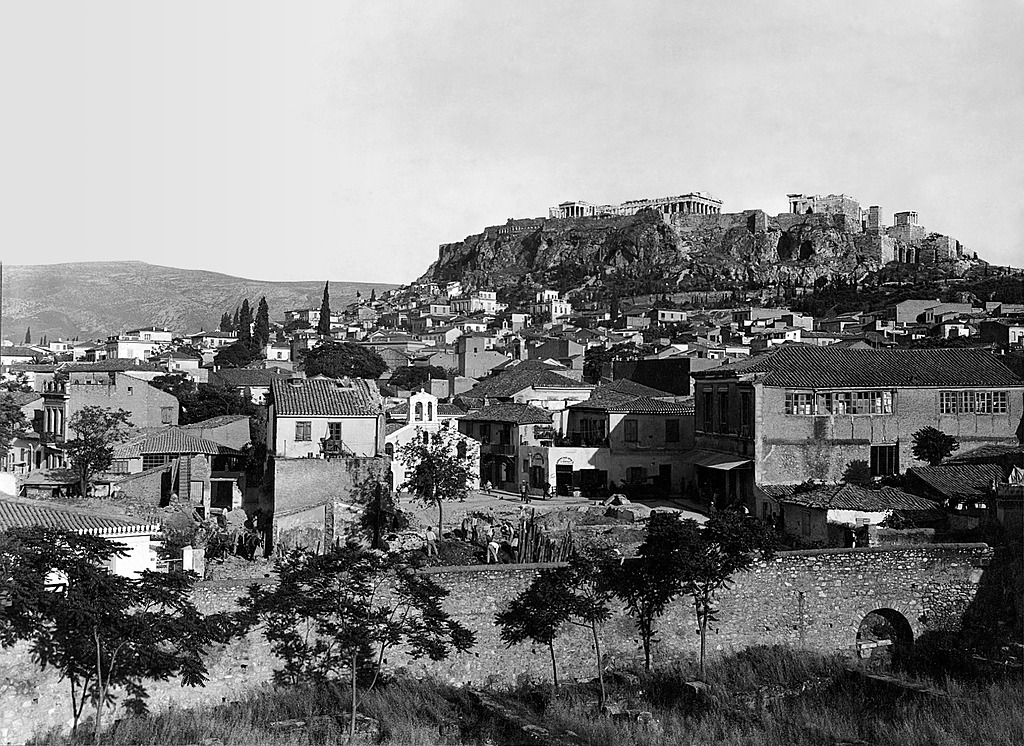
When Aristotle wished to soothe young Alexander's anger and check his annoyance with many people, he wrote to him this advice:
"Temper and anger are not displayed to inferiors but to superiors; and no one is equal to you."

"Temper and anger are not displayed to inferiors but to superiors; and no one is equal to you."
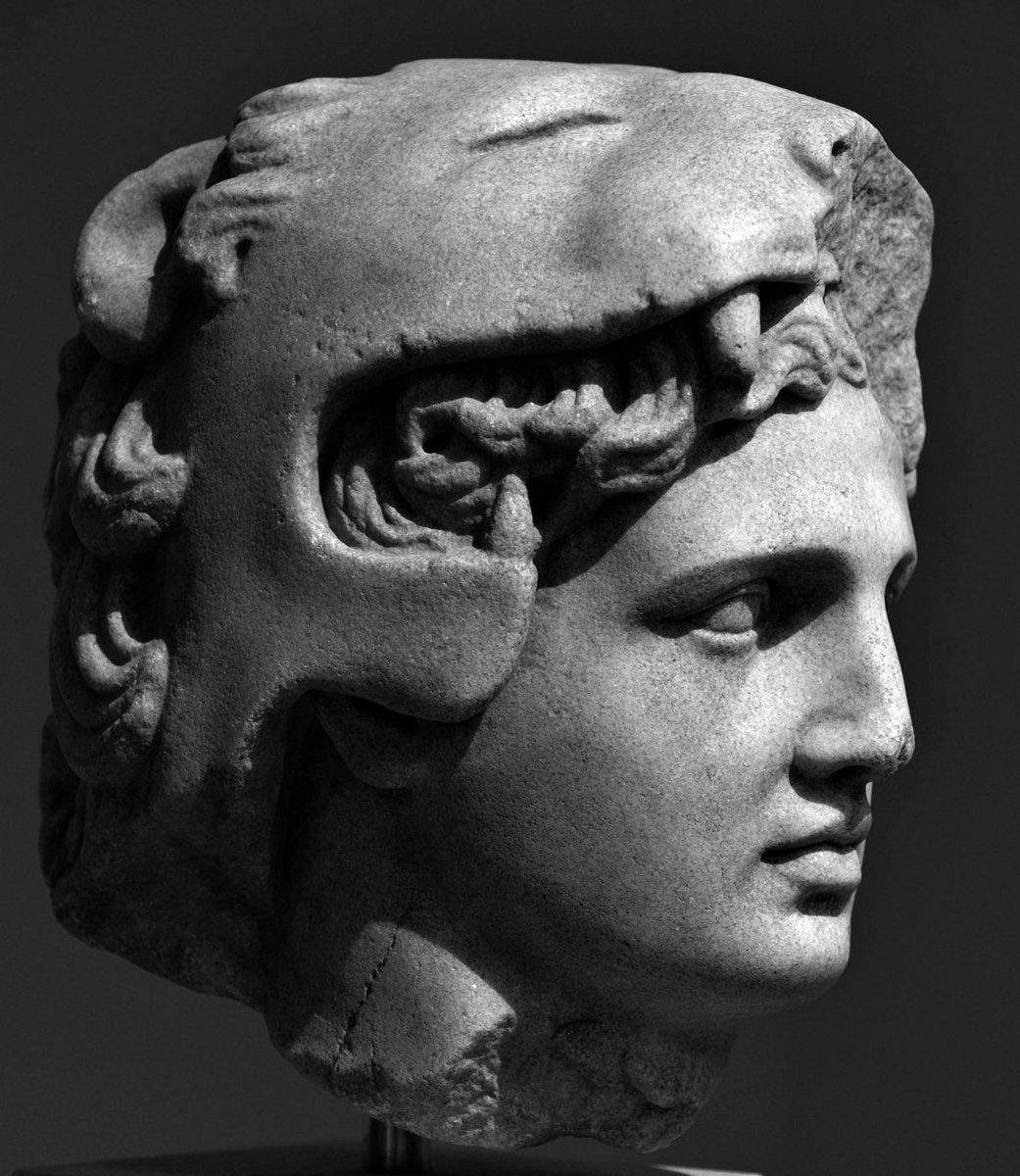
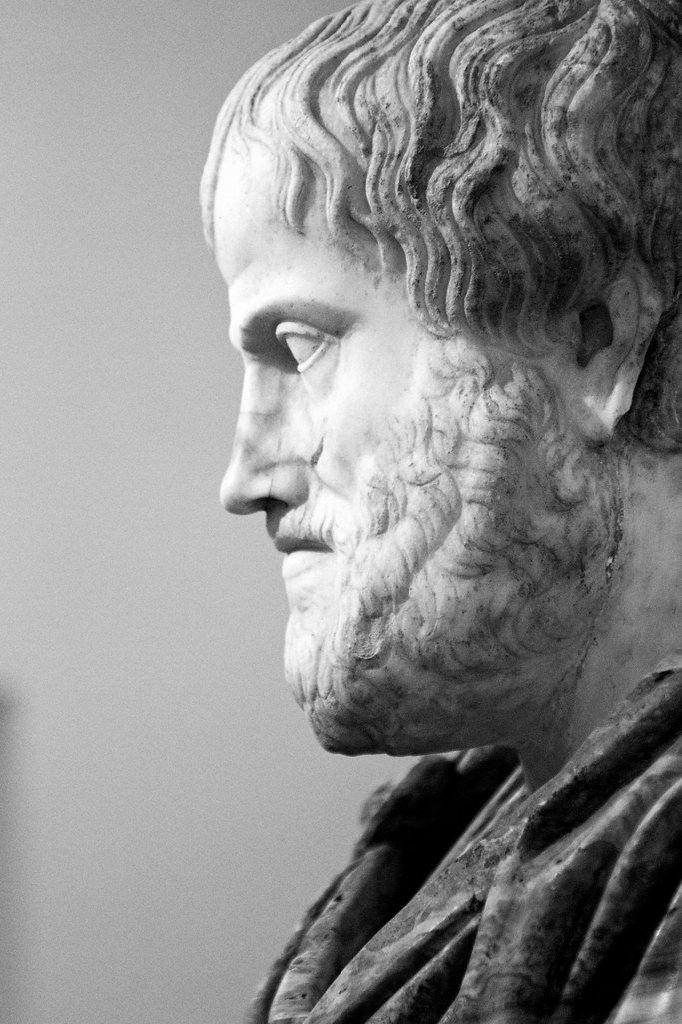
This anecdote about Aristotle & his pupil Alexander was recorded by the Roman writer Aelian in his 'Varia Historia' (early 3rd c. AD). [1]
Head of Alexander in profile wearing a Herakles' Nemean lion's skin- Marble-Hellenistic, late 4th-3rd c. BC-private collection.
Aristotle in profile- Roman copy in marble of a Greek bronze bust by Lysippos ca. 330 BC at Museo Nazionale Romano di Palazzo Altemps, Roma. [2]
Aristotle in profile- Roman copy in marble of a Greek bronze bust by Lysippos ca. 330 BC at Museo Nazionale Romano di Palazzo Altemps, Roma. [2]
Aristotle is not only teaching young Alexander about temperance (sophrosyne) but also about being a
"great-souled man”, megalopsychos who shows magnanimity not a "small-souled man", mikropsychos, that is, be a petty tyrant with a kingdom as well as be one in private.
"great-souled man”, megalopsychos who shows magnanimity not a "small-souled man", mikropsychos, that is, be a petty tyrant with a kingdom as well as be one in private.
"They (the youth) have exalted notions because they have not yet been humbled by life or learnt its necessary limitations."
-Aristotle on the 'Youthful Character', Book II 'On Rhetoric'
-Aristotle on the 'Youthful Character', Book II 'On Rhetoric'
• • •
Missing some Tweet in this thread? You can try to
force a refresh




